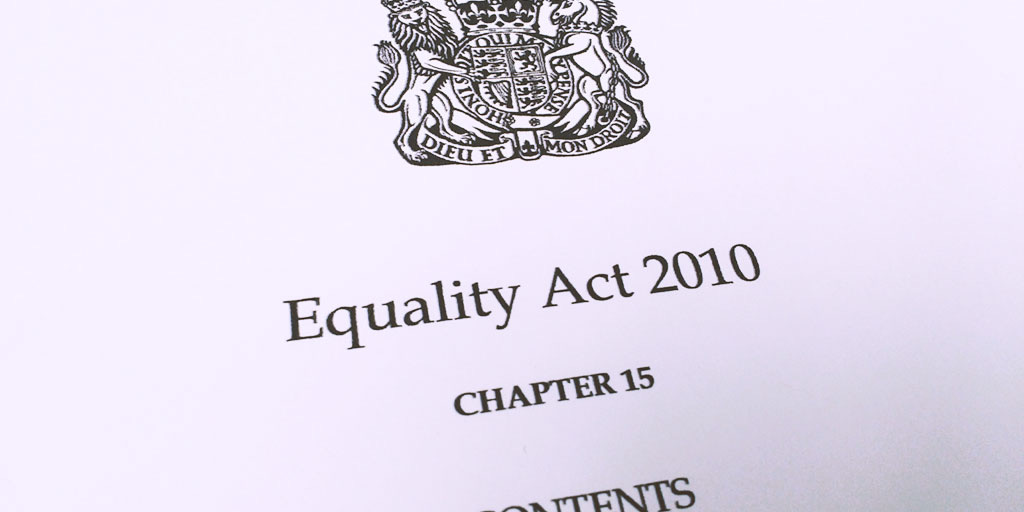Costs of race-based 'positive action' in recruitment and promotion
‘Positive action’ in recruitment and promotion allows an employer to treat one candidate ‘more favourably’ than another based on race, if the employer considers that ‘participation in an activity by persons who share a protected characteristic [in this case race] is disproportionately low’ (Section 159 of the Equality Act 2010).
This legal provision can be used at any point during recruitment or promotion (e.g., in shortlisting or in selection after interview), but only applies when candidates are ‘as qualified’.
The use of practices under ‘positive action’ might seem a reasonable way to increase ‘representation’ of different races in a workforce or at a particular level within a workforce. But, ‘as qualified’, is not well defined and thus such practices could be misused and undermine meritocracy. And there are other legitimate concerns about allowing employers to have regard to a candidate’s race.
An important concern not addressed in the Equality Act is the personal cost such practices entail. The costs to those who lose out because they are subjected to less favourable treatment based on race may seem obvious. But there are also some significant costs for those targeted by such practices. And given that the provision is intended to benefit and not present new costs to individuals from the targeted ‘group’, it seems worthwhile to consider some of these costs here.
Race-based ‘positive action’ in shortlisting and selection:
Removes the right to equal treatment and the right to be in fair competition with all one’s peers.
Disregards a person's agency and capacity to make an informed choice about whether they want or think they would benefit from 'positive action' based on race.1
Undermines the important mechanism whereby through applying for jobs and being successful or unsuccessful on the basis of merit a person acquires valuable knowledge about: 1) how well they are suited for a particular role; and 2) how their qualifications, experience, skills, and ability to perform in interview compare to those of other candidates competing for the same role. The ability to benchmark job application performance against that of peers (and to track progress and identify areas of weakness etc) is a vital part of professional and personal development. This form of knowledge must be subject to a systematic bias if race and/or ethnicity inform any part of the recruitment or promotion process. Such knowledge also loses value if the candidate simply does not know whether it is biased by the employer having regard to race and/or ethnicity.
It may also (depending on the individual and specific situation):
Undermine a person’s sense of human dignity and self-respect by assuming that they want or need preferential treatment based on race.
Be perceived by the person concerned (who may or may not have been subjected to ‘positive action’ but cannot rule it out) as stigmatising and/or perpetuating a stereotype about that race having lower intrinsic abilities and thus needing preferential treatment to be successful.
Undermine a person’s sense of credibility and self-confidence. For example, a highly ambitious person might apply for a role that they know will be challenging but believe they can succeed in. What happens when that person faces challenges in that role (as many people do at some time)? They must now question whether they were in fact judged the best person for the role by the interview panel, or instead were considered, ‘as qualified’, and ultimately selected or placed on a shortlist to meet ‘diversity targets’.
Undermine a person’s professional credibility and cause tension or discomfort in the workplace if others in the workplace believe, or the person thinks others believe, they were recruited or promoted with regard to race and not solely on merit.
Thank you for being interested in Just another point of view.
This cost (concerning disregard of a person's agency and capacity) could be addressed by amending the Equality Act 2010 to stipulate the right to opt out from race-based ‘positive action’. Interestingly, in the case of disability and sexuality (also ‘protected characteristics’ in the Equality Act), the candidate has the option to disclose this personal information and thus be considered for possible ‘positive action’ based on the given characteristic, or not to disclose it and subsequently not to be considered. Perhaps the same should apply to race.




